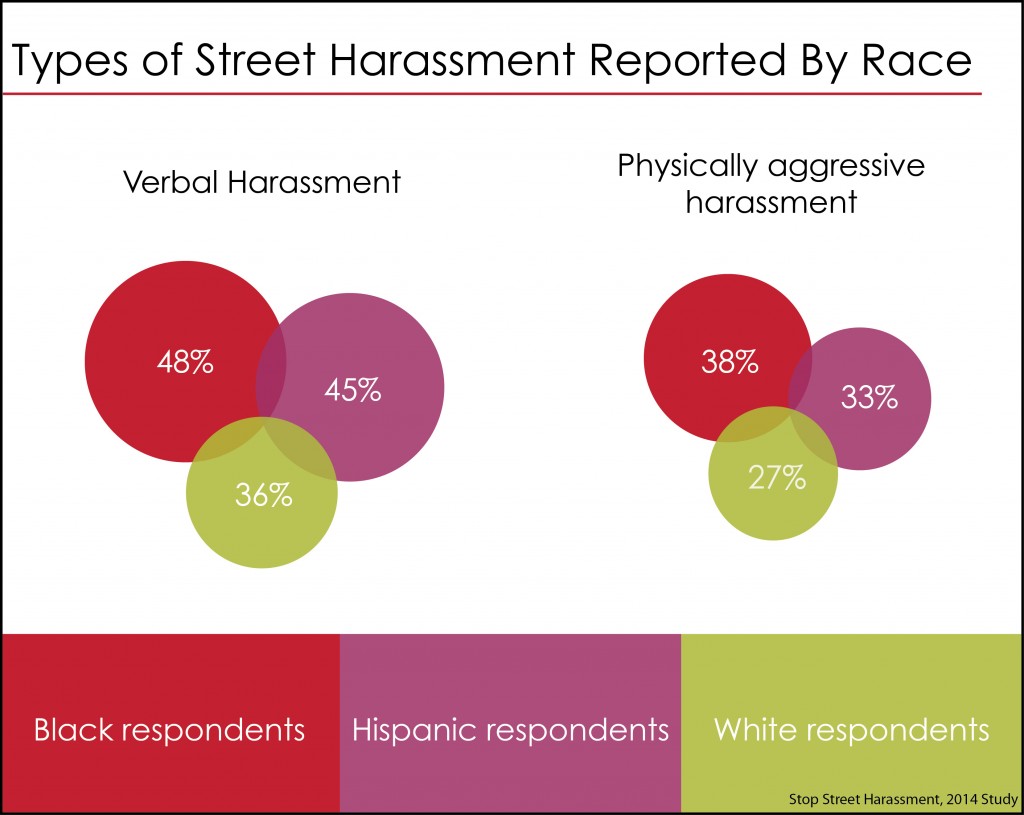Kirstin Kelly, Monterey, California, USA, SSH Blog Correspondent
 As an editor for The Women’s International Perspective, I often find myself involved in Twitter chats and campaigns that deal with social issues, especially issues pertaining to the treatment of women around the world. On July 11, I participated in one such chat using #YouOKSis (here is the recap). It quickly became clear that this was not your ordinary Twitter chat.
As an editor for The Women’s International Perspective, I often find myself involved in Twitter chats and campaigns that deal with social issues, especially issues pertaining to the treatment of women around the world. On July 11, I participated in one such chat using #YouOKSis (here is the recap). It quickly became clear that this was not your ordinary Twitter chat.
The sheer numbers of trolls and naysayers making themselves heard was truly astounding. The #YouOKSis chat was intended to be a discussion about street harassment faced by Black women. In particular, it called for men of color to engage in bystander intervention when they witness women of color being harassed. These kinds of conversations are important. Stop Street Harassment’s recent National Street Harassment Report demonstrated that persons of color face harassment at higher rates than their white counterparts and that overwhelmingly it is men who do the harassing, regardless of the victims’ gender.
The #YouOKSis chat aimed to address this problem on two fronts. It first and foremost provided a space for women of color to share their experiences. #YesAllWomen, a campaign in which I also took part, similarly invited women to share their experiences. However, it did not address how race plays a role in a person’s experience with street harassment the way #YouOKSis did. The second critical component of the #YouOKSis chat which is largely absent from other similar conversations is that it attempted to educate men on how they can actively become part of the solution by intervening on behalf of people facing harassment.
Participating in both of these conversations provided me with a tiny window into the complexities of issues that are both racial and gendered. #YouOKSis drew a level of harassment I could not have expected. Not only were people complaining in the usual manner that women sharing their experiences were creating problems where previously there hadn’t been any, being whiny, or failing to recognize that not everyone is guilty of harassment, but many of them were critiquing participants for turning on their own race.
The viciousness of these attacks is exactly why campaigns like #YouOKSis are important. We need to do more to create safe spaces for people to share their stories about how race, sexism, and classism affect their lives because without fostering a better dialogue, any attempt made to solve these problems will be limited by the experiences of the organizers.
Furthermore, a lot of the criticism was coming from men who felt attacked, pointing out that not all men are guilty. To me, it seemed the larger point of the conversation was not to hate on men for harassing women, but rather to help educate men that are not allies yet and to further empower those that already are by giving them more to go on than simply “don’t harass people.” For social issues that are gendered, engaging the entire population, those with group identities most common to aggressors is critical. Male allies are just as important to changing the norms of acceptable behavior as women; they do make up half the population after all!
My guess is that allies both from within and outside of racial groups are similarly critical in creating the changes that are so desperately needed.
Kirstin is a Master’s Student in Nonproliferation and Terrorism Studies at the Monterey Institute of International Studies and a news editor at the Women’s International Perspective (The WIP). You can follower her on Twitter at @KirstinKelley1, where she regularly posts about human rights issues around the world.
